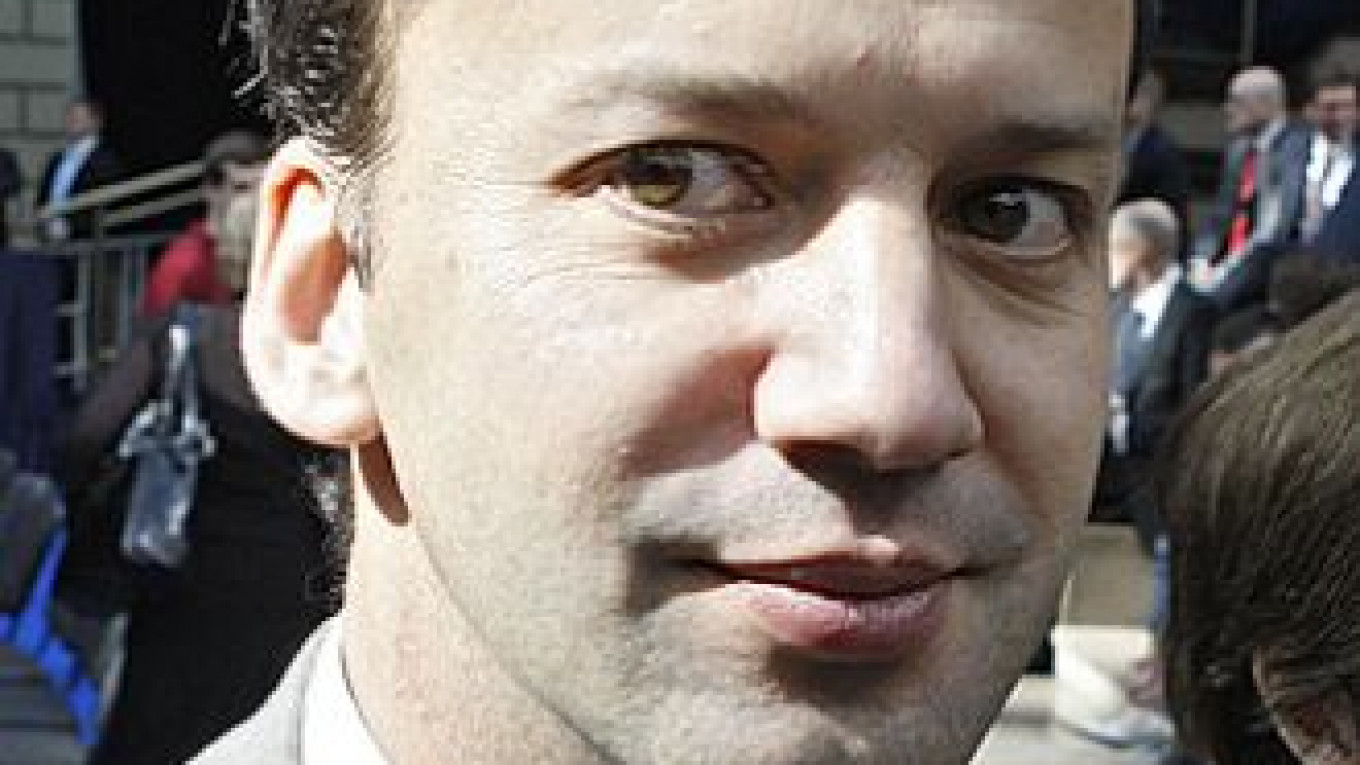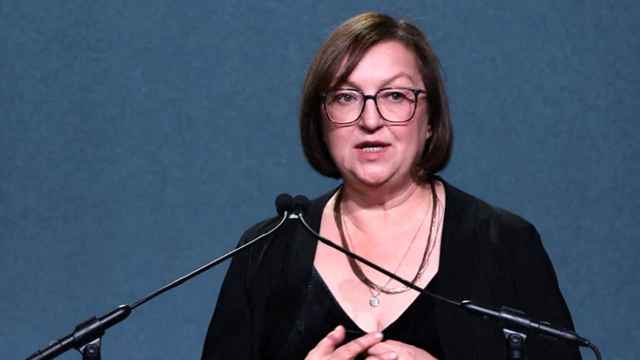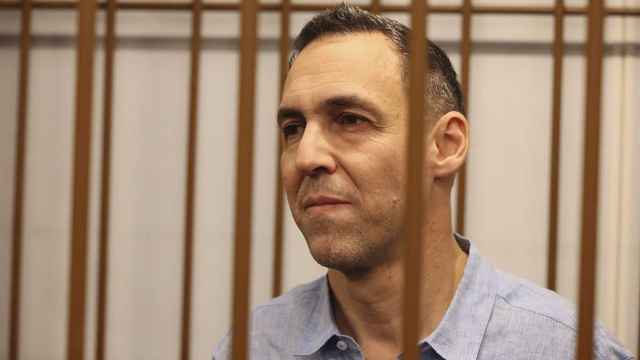Kremlin economic adviser Arkady Dvorkovich said Friday that bringing the pledges made by President-elect Vladimir Putin during the election campaign to life is unlikely to put additional pressure on the budget and undermine Russia's financial stability.
Dvorkovich said he didn't expect that implementation of Putin's initiatives — which is estimated to cost about 1.5 percent of the country's gross domestic product — would result in an expanding budget deficit or growing sovereign debt, as the expenses are "in line with the resources that we anticipate in the next several years."
"We don't see any serious problems from the point of view of the budget deficit and the debt. If oil prices fall and remain steadily low over a long period of time we'll first use the reserves we have and then adjust to the lower prices," he told a news conference, RIA-Novosti reported.
In his 5,000-word article published in Vedomosti ahead of the March 4 election, Putin outlined a series of measures to stimulate Russia's economic growth that included pension system reform, tax increases for the rich and reducing the government's presence in the economy.
However, the publication spurred criticism, with some analysts saying it lacked new ideas and specific details on implementation.
As the mechanisms for bringing some of those initiatives to life remain unclear, "there's a certain amount of flexibility" in spending, Dvorkovich said, adding that "we'll act based on the financial restrictions that we have."
The implementation of Putin's pledges could cost the federal budget 4.8 trillion additional rubles ($161 billion) through 2018, or 4 percent to 5 percent of GDP, according to estimates by Capital Economics, a London-based research company.
Some analysts have warned that rising budget costs could result in an increase in the break-even oil price for Russia and pose a danger to the country's macroeconomic stability.
But Dvorkovich promised that the government won't allow an economic shake-up, saying he sees Russia's sovereign debt at no more than 20 percent of GDP in the future.
"Russia's debt is one of the lowest in the world, and we have no intention of going beyond a threshold that seems risky," Dvorkovich said. "I don't think that the sovereign debt will exceed 20 percent of GDP. That means credit rating agencies have no reason to worry."
Russia's sovereign debt currently stands at about 10 percent of GDP, and Dvorkovich said credit rating agencies in their assessments don't take into account "the stability that Russia's economy has reached."
Russia is rated BBB, the second-lowest investment grade, by Standard & Poor's, which said earlier this month that the unfavorable demographic situation, lack of competition and low quality of infrastructure exert a negative effect on the country's economy.
Dvorkovich also said Putin and President Dmitry Medvedev had made a decision to reinstate a budget discipline rule stipulating that the oil and gas windfall revenue should be put aside in reserve funds.
The budget rule was canceled during the economic crisis of 2008, as the government used the windfall money to reduce the budget deficit.
"There's a principal decision by the president and prime minister that we should return to the budget rule," Dvorkovich said, adding that work on the draft is in progress.
He made his comments ahead of Medvedev's visit to New Delhi next week, when he is due to participate in a summit of BRICS leaders.
The agenda of the summit includes participation of the emerging economies in the International Monetary Fund's anti-crisis programs and ways to ensure global economic growth.
Medvedev is also expected to have an informal meeting with Indian Prime Minister Manmohan Singh.
The two leaders will discuss the withdrawal of the license from AFK Sistema's local subsidiary Sistema Shyam TeleServices after an Indian court ruled to annul 122 telecommunications licenses, saying they had been distributed with violations of law, Dvorkovich said.
A Message from The Moscow Times:
Dear readers,
We are facing unprecedented challenges. Russia's Prosecutor General's Office has designated The Moscow Times as an "undesirable" organization, criminalizing our work and putting our staff at risk of prosecution. This follows our earlier unjust labeling as a "foreign agent."
These actions are direct attempts to silence independent journalism in Russia. The authorities claim our work "discredits the decisions of the Russian leadership." We see things differently: we strive to provide accurate, unbiased reporting on Russia.
We, the journalists of The Moscow Times, refuse to be silenced. But to continue our work, we need your help.
Your support, no matter how small, makes a world of difference. If you can, please support us monthly starting from just $2. It's quick to set up, and every contribution makes a significant impact.
By supporting The Moscow Times, you're defending open, independent journalism in the face of repression. Thank you for standing with us.
Remind me later.






